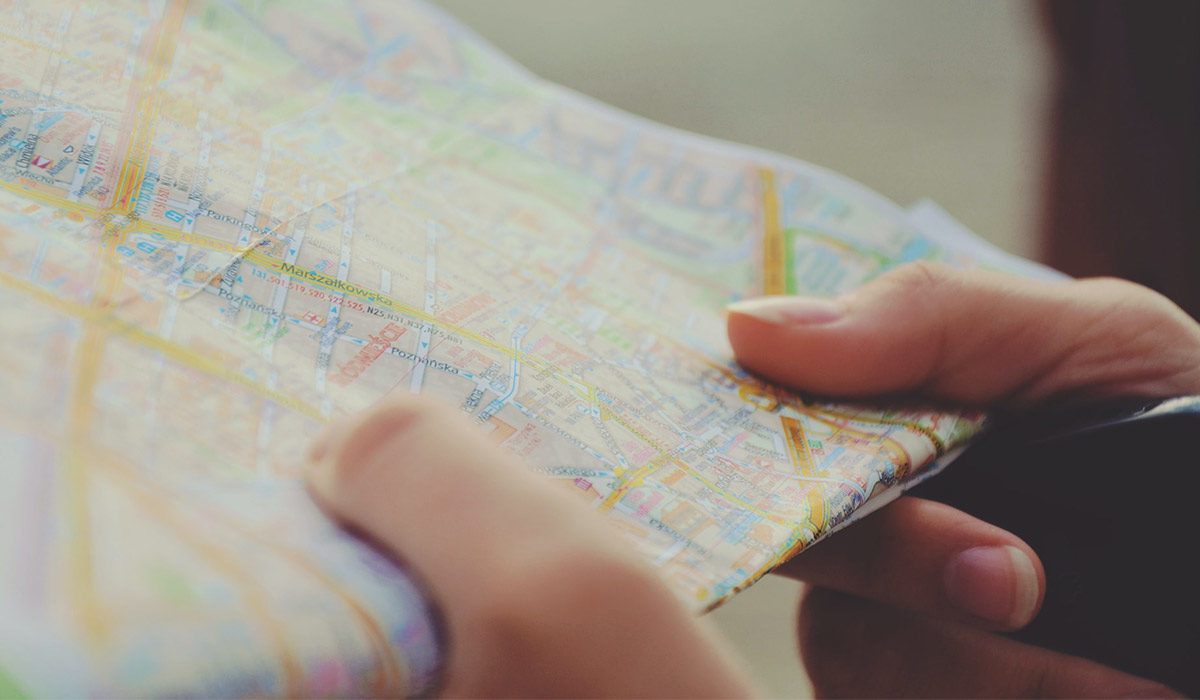I Am the Bullet

I am a European-American woman who is making my way through a stack of anti-racism books, but I am no expert. I am just becoming aware of my embodied racial identity. I am predominantly British, Irish, and Norwegian. I cannot yet tell you what those geographical categories say about how I have come to be me. This is work for me to do.
My Norwegian grandmother used to write a newsletter about the happenings of our extended family. She had stacks of old newsletters full of facts that seemed irrelevant to me. I did not care about who had gone to the grocery nor whose chickens were killed by a fox. It was void of heart and relationship narrative. I am a heart-storied woman, and these newsletters seemed like a Navy logbook. As I consider my racial identity today, this biography void of relationship informs me anew.
Ibram Kendi recently released a board book called AntiRacist Baby which I purchased for a friend with an infant. As I flipped through it, I realized, I am an anti-racist baby who needs a university-level education. It is embarrassing and I feel guilty that it is true. The reality of racism needs me to grow up and embody a stand against the horrific harm BIPOC people endure. There is nothing infantile about the work to be engaged.
Not long ago, three friends of color mirrored my effect in a conversation. My impact is that I am trying to “be right” in interactions around racism. It hurt to recognize. It does not reflect my heart. I want the people I care about to know that I would stand between them and a bullet.
The problem is, sometimes I am the bullet.
My “infant” status in the reality of racism may cause my BIPOC friends to feel pierced with shards of my ignorance and privilege. It takes a deep breath to confess that is true. I cannot grow faster than I can grasp an awareness of my privilege. My BIPOC friends and colleagues live in a river of racism with a swift current they continually walk against. They have a resilience that I do not as part of the majority culture. They are resolute, valiant, brilliant, and exhausted individuals who belong to a collective I cannot fully know.
Yet I want to.
The work to dismantle racism in myself will be a life-long education that will at times put my face in the dirt. I will stumble upwards again, but I will be sweaty and tired, embarrassed, and sore. Sometimes I will succeed in my effort to love through antiracism, and other times I will fail. I can tell you in anecdotal ways why failing to love is painful to me, but I have not learned why that holds within my racial identity.
Not yet.
It is not possible for me to live in the river with my BIPOC friends, simply because my White face affords me the privilege to jump out at any time. Yet could my journey allow me to stand up-river and break the current of white supremacy structures for a moment?
As Ibram Kendi says in AntiRacist Baby, “Nothing disrupts antiracism more than when we confess the racist ideas we sometimes express.”
Would you join me? Can we determine to disrupt the current with love? Could our verbal and soulful advocacy spill out into our every day lives so that we are allies who continually grow? Will we learn about the makeup of our racial identity? Could we become curious about why we might respond to racism in particular ways because of how our cells have come to be?
Can we learn to be WITH our BIPOC friends, and therefore our BIPOC Jesus?
